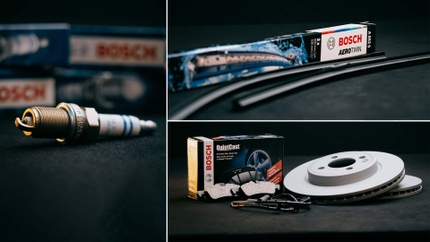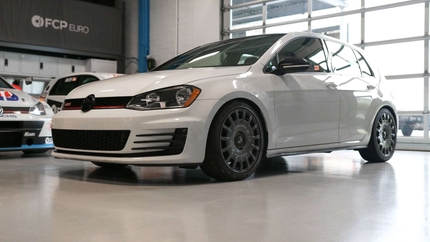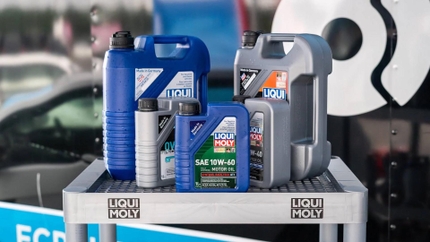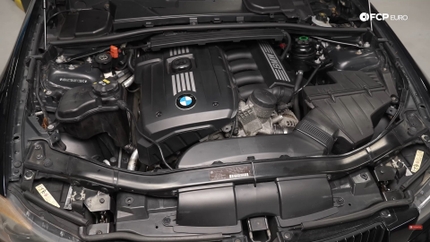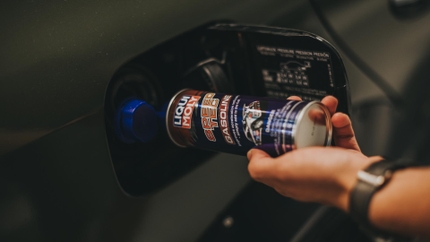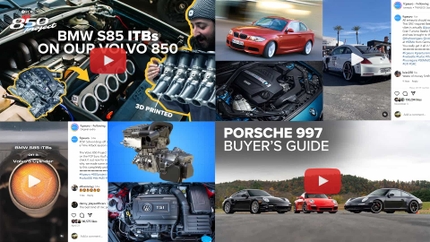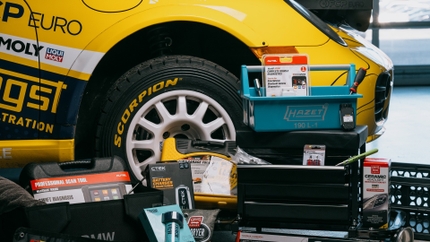If I asked you to name a brand of motor oil, a number of brands might pop into your mind. Castrol, Mobil 1, Valvoline, etc. One thing these brands have in common is the ability to find them anywhere you go. The convenience is undeniable, and because you've used them for years, you have no reason to use anything else.
On the flip side, what if there was something better than those brands that really isn't that much more expensive? A product that gave you just that little extra peace of mind? Sometimes, it's worth looking a little harder for a better product. Enter: LIQUI MOLY.
Who is LIQUI MOLY?
LIQUI MOLY may be a relatively unknown brand in North America, but the German company has been around since 1957 and, to this day, still manufactures all of their products there. Their first product, MoS2 oil additive, contained the solid lubricant molybdenum disulfide, which allowed engines to run for a short period of time without oil, which was perfect for emergency situations.
What is Molybdenum Disulfide?
Molybdenum disulfide in its natural form is similar in feel to graphite–the same slippery stuff found on the tip of your pencil. MoS2 (the chemical composition), when tested for friction, has a coefficient value of <0.1. For comparison, Teflon on Teflon has a coefficient of 0.04, while steel on steel has a coefficient of 0.57. Alternative uses of MoS2 include gun lubrication and CV joints. And when you're talking engine friction, lower is ALWAYS better.
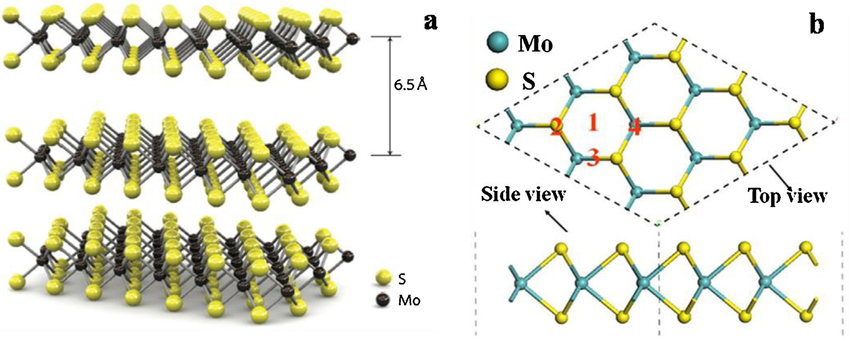
Want to learn more about Molybdenum and its use in other LIQUI MOLY products? One of the most interesting ways is in Molygen. The molecules of Molybdate and tungstate combine into a homogeneous solid, with the tungstate being UV-reactive. This allows you to spot oil leaks with a UV flashlight when using Molygen.
What Makes LIQUI MOLY Motor Oil Different?
Your engine contains multiple moving components, such as your crank, valves, and pistons. In addition to these movements, thousands of explosions occur in the combustion chambers every minute. Heat and friction in an engine, when not properly managed, lead to engine wear. The only way to reduce this is to make sure you choose the right engine oil.
If you live somewhere that experiences snowy weather on a recurring basis, it's normal to start your car in extremely cold conditions. Zero degrees Fahrenheit is not that uncommon, and in these conditions, it's important that your engine oil is up to the task because cold weather will increase the viscosity of the oil, potentially causing dry running of your engine for a short period of time. In this case, the film your oil leaves behind is extremely important, as is its ability to flow at low temperatures. Multiply this over a number of cold starts with the incorrect oil, and you could end up with increased engine and oil pump wear.
If you’re the type of person to take your car out onto the track, you’ll obviously be stressing the engine and all of its rotating components more than the average driver. Increased heat will cause oil to break down faster, and again, the constant high RPM demands consistent lubrication.
Lastly, maybe you’re the type who drives an older vehicle and is more conscious about engine wear, like me. With my engine nearing 460,000 kilometers, I find it important to always fill up with quality motor oil.
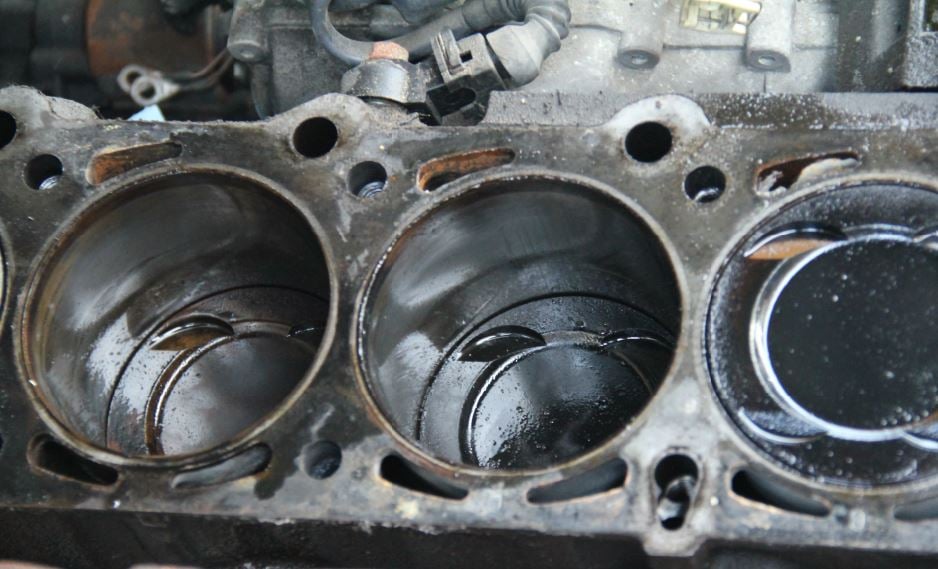
Keep in mind, today's contemporary engines are designed and manufactured to such high tolerances that choosing the wrong oil viscosity can legitimately be harmful to an engine. As a visual, imagine a pump that was designed to move water from one place to another. Now, imagine that same pump trying to move honey—it's just not going to work, and that pump will die very quickly. Modern engines that are spec’d with lower weight oils (0W20) may have situations of increased wear if a heavier weight oil is used (10W30).
LIQUI MOLY MoS2, which still contains molybdenum disulfide like their first product, has been formulated as an almost "end-all-be-all" engine oil. It has good cold-start behavior, as well as improved wear characteristics for modern engines.
LIQUI MOLY MoS2 is also recommended for older Porsches with air-cooled engines. The extra additives are very effective at reducing wear for high-heat situations, another difficulty for oil manufacturers. High heat = lower viscosity of the oil and, in extreme cases, less lubrication. The MoS2 additive coats all moving components with a low-friction surface to mitigate any problems that may arise with the oil. When you’re dealing with 40-50-year-old cars and engines, why not use the best?
How do You Choose The Right LIQUI MOLY Engine Oil For Your Car?
There are a lot of engine oil options offered by LIQUI MOLY. You have different products with different additives, all of which are offered in various viscosities. Steffen Niemietz, Application Engineer at LIQUI MOLY's R&D department, stopped by our headquarters to help us better understand exactly which products we should be using in our cars. You can read about the options or watch the video below.
LIQUI MOLY Makes More Than Just Motor Oils
Up until now, we've only spoken about the motor oils that LIQUI MOLY is known for. However, another massive part of their business is fluid additives. They have spent countless hours and gone through thousands of formulations to create additives for your engine oil, cooling system, and even your fuel system. While we had Steffen in the shop, he walked us through all of their top additives. You find all of the additives and what they do here, or in the video below.
LIQUI MOLY in Motorsports
Generally, racing is a great place to advertise your products, not only for publicity but for the worse-than-real-world conditions race cars endure. Since 2015, LIQUI MOLY has been the sole provider of lubricants to all the Moto2 and Moto3 race teams. And they don't only support motorcycle racing; have you watched Formula 1 recently? We even run their oil in our VW GTI TCRs in TC America. The fact that LIQUI MOLY supports these racing series shows they are willing to stand behind a good product. Without proof of how good your products are, what’s the point?



